
Water is essential to life and health. It is extremely important for the all living beings to have a constant supply of clean and pathogen-free water. Bottled water, as a new invention of industrialized era, claims to be more hygienic and healthier that ordinary tap water. People all over the world spend a lot of money purchasing bottled water and yet, there is a lot of controversy regarding the quality of these products.
One of the most common arguments about the bottled water industry is that manufactures animate consumer demand for bottled water through the promotion of a variety of myths. This article will take a closer look to facts about bottled water and try to find out if the bottled water really is better than the tap water.
Regulation facts
The most commonly used argument, in favor of bottled water, is that bottled water is safer than the tap water. However, in the United States, tap water is regulate by the Environmental Protection Agency (EPA) while bottled water is regulated by the Food and Drug Administration agency (US FDA).
Environmental Protection Agency conducts annual examinations published in Annual Water Quality Report. This report reflects the results of testing for numerous water pathogens that may be harmful to humans’ health. Bottled water manufacturers are not obliged to conduct these detailed examinations, because FDA has no reporting requirements concerning the quality of water.
The city tap water is required to be free from various toxins and dangerous chemicals that may even cause cancer. Bottled water industry is, however, free from this regulation.
Moreover, tap water has to be filtered and sterilized, while the bottled water industry doesn’t have to meet none of these standards. On the other hand, this doesn’t mean that bottled water isn’t sterile at all. It actually means that bottled water industry works under no clear standards. This way, some manufacturers treat their product very carefully, while the others sell untreated water.
However, certain standards allow precise amount of fecal or Escherichia coli bacterium in bottled water. Tap water, on the other hand, must not have any trace of this bacterium.
Facts about bottled water
Every second in the United States, a thousand people purchase and open up a plastic bottle of commercially produced water. Thousands of these bottles are thrown away every day. It is estimated that about eighty-five million of plastic bottles are being thrown each day. This makes more than thirty billion of bottles every year, at an expense of tens of billions of dollars. Approximately 2.3 millions of bottles are sold only in New York, every year.
However, only 10% of all these bottles are recycled. The great majority of them ends up contributing the global pollution of the environment. Astonishing amounts of money are spent every year to clean this growing dump of waste.
Conclusion
The final choice depends on the individual. However, if one goes for the commercially bottled water, the general advice is to read the product labels carefully and choose disinfected, filtered or otherwise processed water.
Choosing tap water may be the healthier solution in normal conditions. Tap water treated with home filtration systems may be one of the best possible choices. Water should always be consumed from glass containers, as plastic bottles may be hazardous to health. The plastic used in these bottles contains a potentially carcinogenic element that can leach into the water.


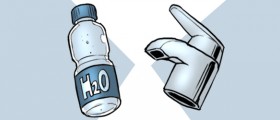




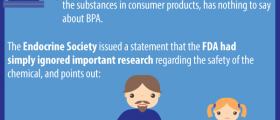
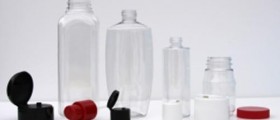
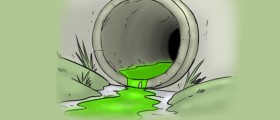



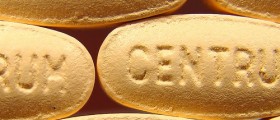
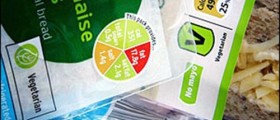
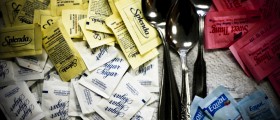

Your thoughts on this
Loading...